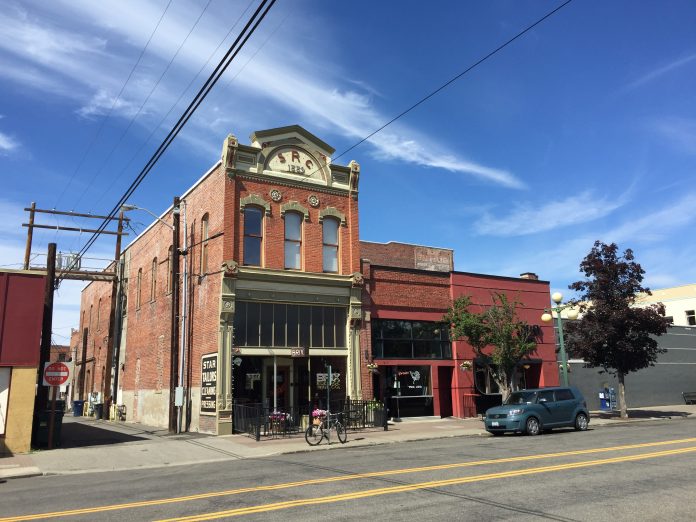On Monday, the Washington State Department of Commerce (“Commerce”) announced awards of the 2017 Community Development Block Grants (CDBGs) to rural jurisdictions across the state. $10 million is planned for disbursement to 23 rural communities with an emphasis on benefiting lower-income people. The grants range from $24,000 to $750,000 allowing for a variety of investments. The grant funding will be partially used to leverage other private and public financing tools to increase the overall impact. CDBGs are an important economic development and equity tool that the federal government provides.
The Trump administration has proposed full elimination of the CDBG program from the US Department of Housing and Urban Development’s budget, though Congress appears unlikely to zero out the $3 billion annual program. In larger communities like Seattle, the impacts from CDBG cuts could be substantial, amounting to nearly $9 million in annual funding losses–in addition to tens of millions more in other grant programs for infrastructure, economic, and affordable housing development.
The 2017 grants to rural communities fall short of demand for investment. 37 application requests were submitted to Commerce totaling $18 million in needs. While the share of proposals awarded grants (25) is more than 67%, Commerce was only able to fulfill 55% of the total project cost requests. The gulf between need and investment is wide.
Here is just a few of the projects that the CDBGs for 2017 will fund:
- $750,000 for water system improvements in Benton County.
- $24,000 for capital facilities planning in Cle Elum.
- $24,000 for an emergency center feasibility plan in Colville.
- $188,707 for a public housing rehabilitation program in Cowlitz County.
- $24,000 for a wastewater system in Creston.
- $436,069 for expansion of a Montessori School in San Juan County.
- $24,000 for flood damage repair plan in Sprague.
- $24,000 for a downtown corridor revitalization plan in Tonasket.
- $750,000 for a medical clinic expansion in Whatcom County.
As should be evident, the types of projects that can be funded by CDBGs is broad and tailored to community needs. This is why the program is invaluable to communities across the state and country, especially smaller communities that may not be able to make targeted investments otherwise.
Stephen is a professional urban planner in Puget Sound with a passion for sustainable, livable, and diverse cities. He is especially interested in how policies, regulations, and programs can promote positive outcomes for communities. With stints in great cities like Bellingham and Cork, Stephen currently lives in Seattle. He primarily covers land use and transportation issues and has been with The Urbanist since 2014.


